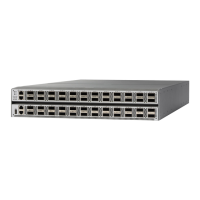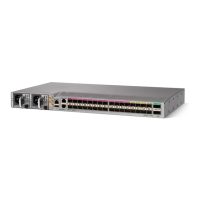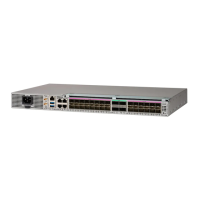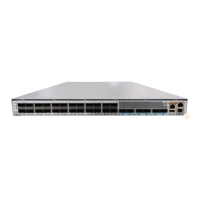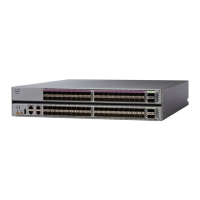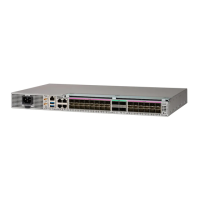Named Set Form
community-set cset1
12:34,
12:56,
12:78,
internet
end-set
Inline Set Form
(12:34, 12:56, 12:78)
($as:34, $as:$tag1, 12:78, internet)
The inline form of a community-set also supports parameterization. Each 16-bit portion of the community
may be parameterized.
RPL provides symbolic names for the standard well-known community values: internet is 0:0, no-export is
65535:65281, no-advertise is 65535:65282, and local-as is 65535:65283.
RPL also provides a facility for using wildcards in community specifications. A wildcard is specified by
inserting an asterisk (*) in place of one of the 16-bit portions of the community specification; the wildcard
indicates that any value for that portion of the community matches. Thus, the following policy matches all
communities in which the autonomous system part of the community is 123:
community-set cset3
123:*
end-set
Every community set must contain at least one community value. Empty community sets are invalid and are
rejected.
extcommunity-set
An extended community-set is analogous to a community-set except that it contains extended community
values instead of regular community values. It also supports named forms and inline forms. There are three
types of extended community sets: cost, soo, and rt.
As with community sets, the inline form supports parameterization within parameterized policies. Either
portion of the extended community value can be parameterized.
Wildcards (*) and regular expressions are allowed for extended community set elements.
Every extended community-set must contain at least one extended community value. Empty extended
community-sets are invalid and rejected.
The following are syntactic examples:
Named Form for Extcommunity-set RT
An rt set is an extcommunity set used to store BGP Route Target (RT) extended community type communities:
extcommunity-set rt a_rt_set
Routing Configuration Guide for Cisco NCS 5500 Series Routers, IOS XR Release 6.3.x
137
Implementing Routing Policy
extcommunity-set
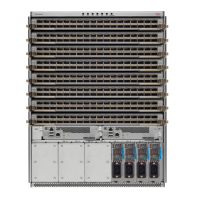
